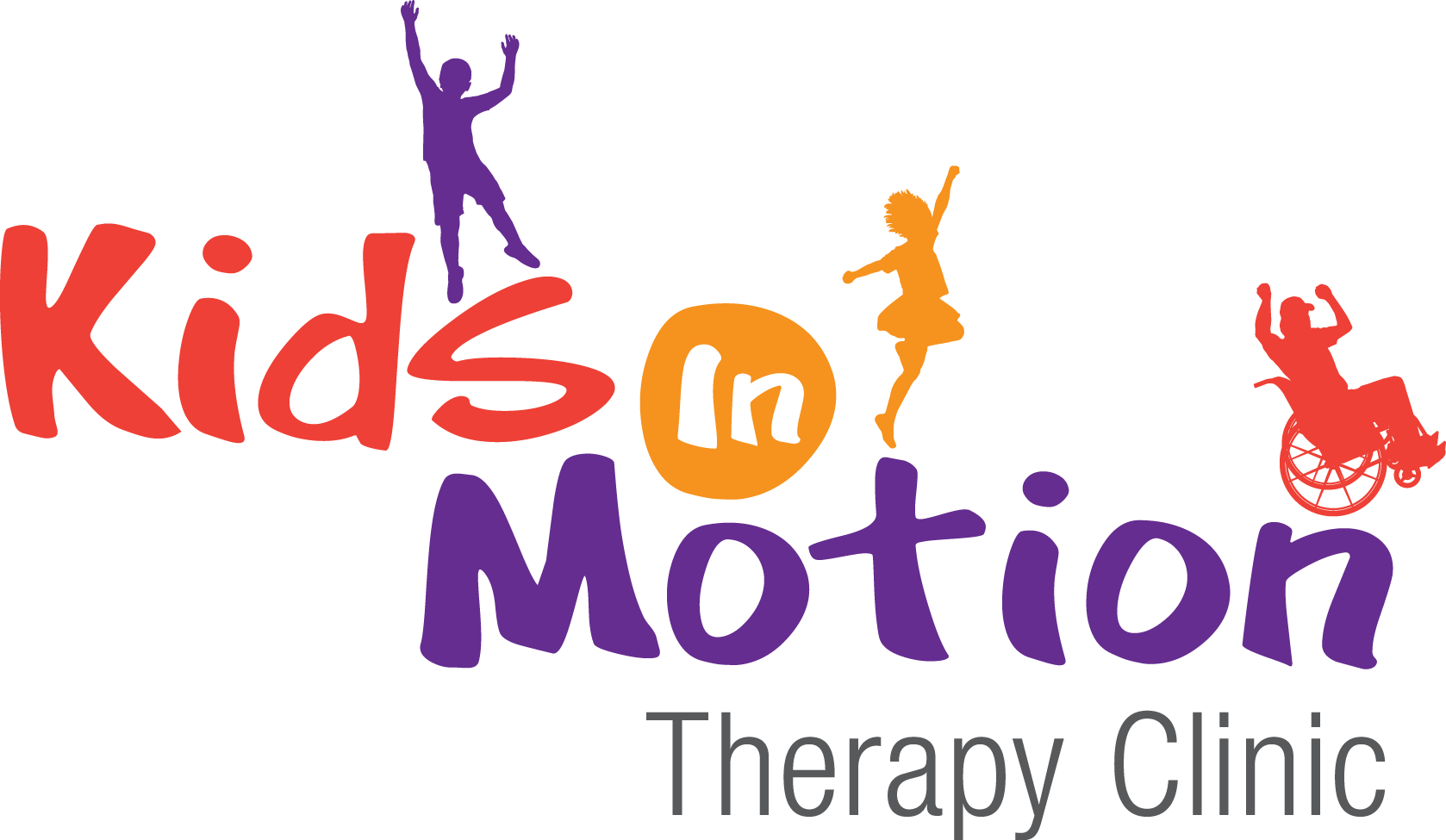Neurodevelopmental Disorders
We see children with many conditions, including developmental delays, Down Syndrome, Cerebral Palsy and Autism.
Developmental Delay
Developmental delay occurs when a child has not reached milestones by the expected time period. Delay can occur in one or more areas – for example, gross or fine motor, language, social, or thinking skills. Developmental delay can have many different causes, such as genetic (i.e. Down syndrome) or complications of pregnancy and birth (i.e. prematurity or infections). Often however, the specific cause is unknown.
There is no one treatment that works for every child with a developmental delay. Children are unique; they learn and grow and develop in their own way and at their own pace. Occupational, physical, and speech therapists work with children and their families to develop individualized treatment plans that address areas of delay and facilitate more age appropriate functioning.
Down Syndrome
The goal of physical therapy for children with Down syndrome is to correct harmful movement patterns while increasing the child’s ability to function and move. Down syndrome characteristics may include developmental delays, poor posture, lax joints, scoliosis, and decreased muscle tone and strength.
Collaborating as a team, physical, occupational and speech therapists work to improve the child’s language, and fine and gross motor skills. Improved strength, balance, posture and walking skills will increase the child’s independence, breathing, feeding and ability to learn from their surroundings. Therapy encourages an active lifestyle now, to reduce the risk of obesity, diabetes and cardiovascular disease. Parents also benefit from therapy by learning how to reinforce new skills and learning at home.
Cerebral Palsy
For children diagnosed with cerebral palsy, physical therapists work to improve coordination of their movement, decrease muscle pain, maintain flexibility, support and stabilize joints, and improve respiration. The various types of cerebral palsy impact the development and voluntary control of their movement and posture.
Motor impairments may change with growth and development. Periodic, focused therapy will reinforce adaptive strategies and provide adjustments to assistive devices such as canes, wheelchairs and orthotics to maximize independence. Therapists often team up with the family to increase the child’s function, encourage activity, and personalize equipment to improve the child’s quality of life at home, school and work.
Autism
Therapists will work with children with autism of all ages and onsets to facilitate development. Children with autism have a neurodevelopmental disorder characterized by impaired social interaction and communication skills. Early diagnosis is essential to provide intervention needed for long-term improvement.
Individualized exercise programs may improve motor, behavior and psychosocial aspects to promote life long learning and independence. Physical therapy can improve a young child’s posture to facilitate positive affect and verbalization; gross motor skills, such as crawling, running, walking and jumping; and fine motor skills, such as grasping and reaching to develop social interaction skills. School-age therapy works to improve walking, limb coordination, sensory integration, social development and skills required for school.
NEED SERVICES?
Call 360-207-4434
Get In Touch
Phone: 360-207-4434
Fax: (360) 933-8076
Mailing Address:
Kids In Motion Therapy Clinic
4152 Meridian Street, Suite 105, PMB 159
Bellingham, WA 98226
Center Hours: M-F, 9am - 5pm
